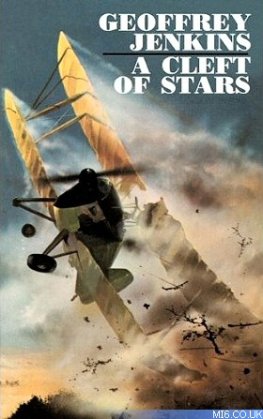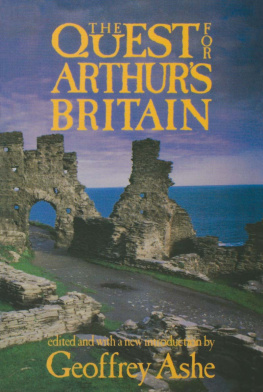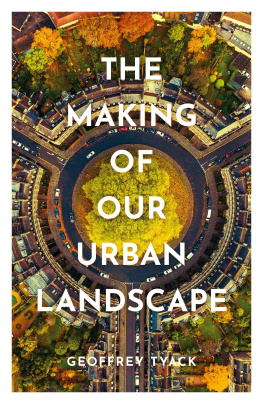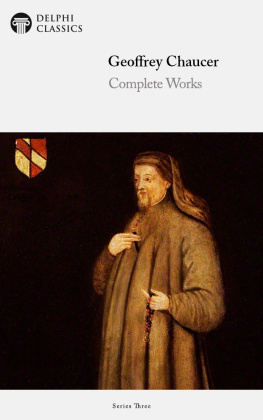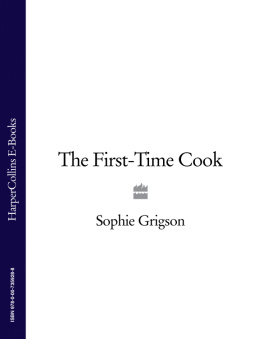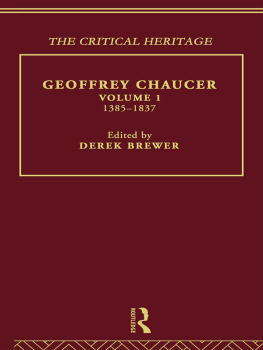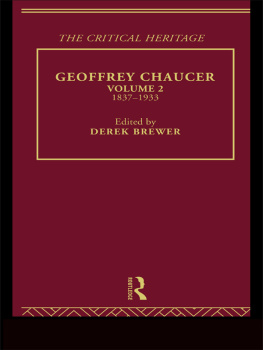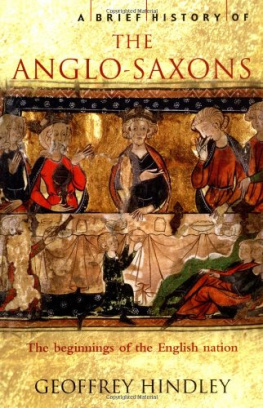The Shell Country Alphabet
From Apple Trees to Stone Circles, How to Understand the British Countryside
Geoffrey Grigson
PARTICULAR BOOKS
an imprint of
PENGUIN BOOKS
This book was originally published in 1966 and the county and road
names remain as Geoffrey Grigson knew them.
PARTICULAR BOOKS
Published by the Penguin Group
Penguin Books Ltd, 80 Strand, London WC2R 0RL, England
Penguin Group (USA) Inc., 375 Hudson Street, New York, New York 10014, USA
Penguin Group (Canada), 90 Eglinton Avenue East, Suite 700, Toronto, Ontario, Canada M4P 2Y3
(a division of Pearson Penguin Canada Inc.)
Penguin Ireland, 25 St Stephens Green, Dublin 2, Ireland (a division of Penguin Books Ltd)
Penguin Group (Australia), 250 Camberwell Road, Camberwell, Victoria 3124, Australia
(a division of Pearson Australia Group Pty Ltd)
Penguin Books India Pvt Ltd, 11 Community Centre, Panchsheel Park, New Delhi 110 017, India
Penguin Group (NZ), 67 Apollo Drive, Rosedale, North Shore 0632, New Zealand
(a division of Pearson New Zealand Ltd)
Penguin Books (South Africa) (Pty) Ltd, 24 Sturdee Avenue, Rosebank,
Johannesburg 2196, South Africa
Penguin Books Ltd, Registered Offices: 80 Strand, London WC2R 0RL, England
www.penguin.com
First published by Michael Joseph 1966
Reissued by Particular Books 2009
Copyright Geoffrey Grigson, 1966
Foreword Sophie Grigson, 2009
Illustrations Mark Thomas, 2009
The moral right of the authors has been asserted
All rights reserved
Without limiting the rights under copyright reserved above, no part of this publication may be reproduced, stored in or introduced into a retrieval system, or transmitted, in any form or by any means (electronic, mechanical, photocopying, recording or otherwise), without the prior written permission of both the copyright owner and the above publisher of this book
A CIP catalogue record for this book is available from the British Library
ISBN: 978-0-14-195968-9
TO COLIN BANKS
Not in Utopia, subterranean fields,
Or some secreted island, Heaven knows where!
But in the very world, which is the world
Of all of us, the place where, in the end,
We find our happiness, or not at all.
WilliamWordsworth
Contents
Foreword
The Shell Country Alphabet was first published in 1966 when my father was sixty-one years old and I a mere seven. Reading it now, I see so much that I remember from my early years with him. There is an entry on dolmens, the stone chambers of Neolithic tombs. Dolmen-hunting was something of an obsession with my father. Armed with a trusty Ordnance Survey map, and a keen determination, he would lead us off down winding byroads, muddy lanes, and past overgrown hedgerows until the massive stones of the dolmen loomed before us. Once in a while, access would be good enough to take the car close by, a relief for my mother who was deputed to carry the picnic that was essential to the successful denouement of the whole expedition. We picnicked on top of so many dolmens, laying out cloth and food on the massive capstones, as if they were some giants dinner table. He wrote:
English belief has connected dolmens with giants, fairies, goblins, etc. Irish dolmens were held to be giants graves Antiquaries in the 17th and 18th centuries were convinced that dolmens were the altar tables on which British Druids had offered up human sacrifice (see ).
Note those quotation marks around druidical. My father had little time or patience for those who conjured up fanciful tales of druidical practice, or worse still re-enacted them. He seems oddly restrained in this final sentence of the dolmen entry. I shouldnt have worried for the reference trail takes us straight to:
DRUIDICAL REMAINS do not exist.
Thats more like it. This entry continues in fine Grigson form, documenting the rise of the theories of druidical remains, and then finally their re-evaluation as modern archaeology demonstrated that dolmens pre-date the arrival of druids in this country by many centuries.
I notice as I thumb through to the druidical dismissal, another entry that hurtles me back in time. DOVECOTES were frequently visited on our family jaunts. Not the most exciting of places when one is five or six, but now I find them irresistible, always looking to the honeycomb of holes that housed the tender young pigeons, waiting unawares for that short journey to the cooking pot.
Though it first appeared in print some four decades ago, The Shell Country Alphabet germinated sixty years earlier, in 1905, when my father was born, the seventh and youngest son of the vicar of Pelynt, in Cornwall. For the young Geoffrey, the parish and the lush valley of the West Looe river that ran down towards the sea were enthralling playgrounds. His elder brothers schooled him in the boyish arts of fishing and bicycling and gathering gulls eggs from the cliffs near Lizzen (he was once stranded on a ledge for several hours, unable to climb up or down, until a neighbouring farmer arrived to haul him up to safety). As his brothers disappeared off to boarding school, or to the trenches of the First World War, he roamed the lanes and fields alone, always curious about plants, animals, traces of human habitation and work, history and topography. He read the works of local history and legend, and, above all, poetry.
This curiosity for the intimate detail and seductive power of the countryside never left him. His fierce intelligence ensured that he was never sentimental, nor ever prepared to shine a rose-tinted light on the past. He had little time for fakery, fads or empty fashions. His remarkable memory for the oddities and histories of the commonplace around him, whether in Cornwall, or the many other places he explored, or in Wiltshire where he finally settled.
He knew about Roman roads, poets of the countryside, Sheila-na-gigs and shooting stars. He knew where to find stone-age flints or fossilized sea-urchins, or glow worms in their season. You could ask him about fog-bows or gloops, the works of Richard Jeffries or the workings of windmills, and hed offer an explanation that took you beyond the obvious.
Inevitably I failed to pay proper attention as a child. I wish I had listened more intently, and appreciated the remarkable breadth of knowledge that he had accumulated throughout his life. Some of it seeped in, a vestige of a story here and there, a snapshot memory of an expedition to a folly, or a valley where rare orchids thrived, but so much was ignored in the way that children ignore many of the peculiarities of their parents.
I am hugely grateful that, despite everything, he bequeathed to all four of his children the powerful knowledge that so much of genuine value is right there before us. He taught us to look and delight in the traces of the past that make up our present. He passed on the enrichment that an interest in dolmens, saffron, place-names, fords and rainbows brings to daily life.
The Shell Country Alphabet is a book to enrich life, holidays and jaunts among the lanes and villages of our green, complex, and magnificent countryside.
Sophie Grigson
January 2009
Preface
This book aims to illustrate or explain things we come across in the countryside, chiefly things due to our ancestors of the last five thousand years, the artificial objects and also (though it is not a book of natural history) some of the natural objects and phenomena which caught their fancy and still appeal to ourselves. I cannot think of a word which covers in that way, let us say, rainbows and gravestones and green men, dene-holes and mazes and mistletoe, or place-names and poets, or sham ruins and waterfalls and the zodiac. But I can perhaps explain by a personal experience. Making a ten-mile shopping journey every Friday, while the entries in the book were being compiled and were piling up (not a journey always to the same town or by the same way), we would test its inclusiveness by keeping an eye open for something that hadnt been explained so far. There was an avenue of horse chestnuts: could anything useful be said about


